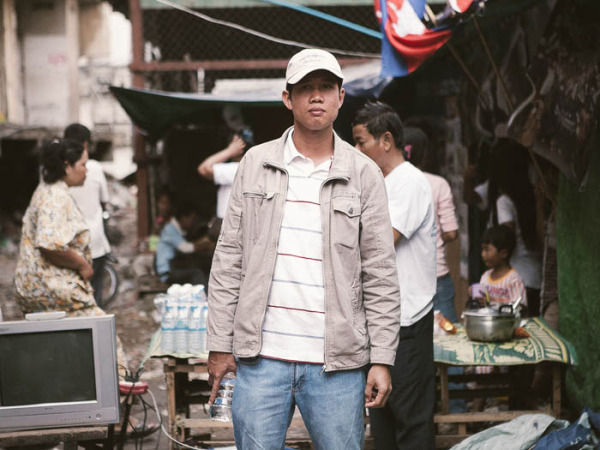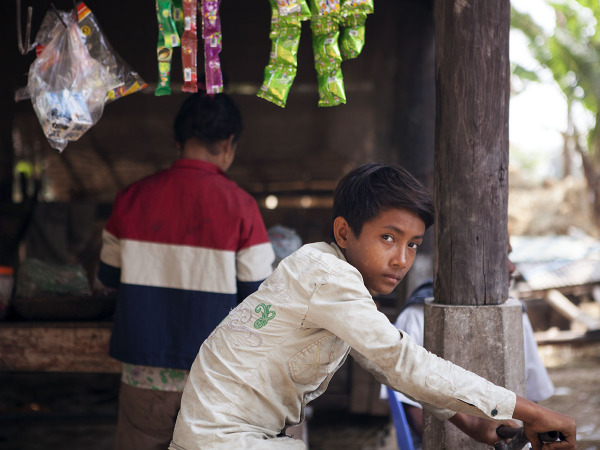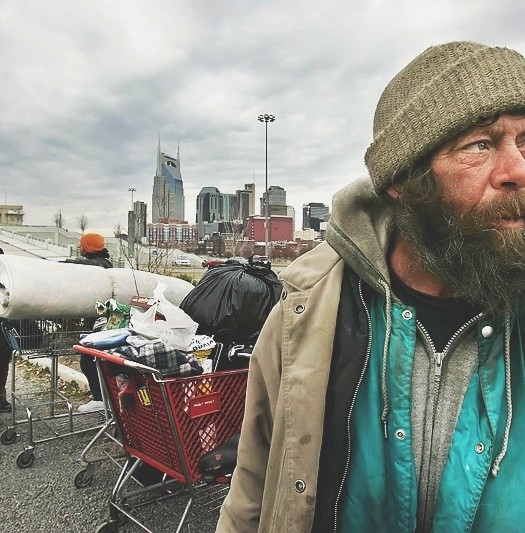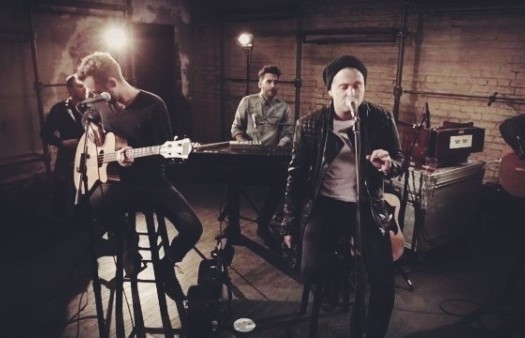His Voice Became The Thousands of Unheard People in Southeast Asia
Editor’s Note Conscious Magazine has teamed up with Kellie Kreiss, Co-Founder of Global Populace, to tell stories of impact that encourage an exchange of ideas. Find out more about Kellie Kreiss in this interview here. Follow the series.
When we decided to take our documentation work to Southeast Asia and define what Global Populace was really going to become, our goal was to discover and share the ways in which youth were proactively working to solve big issues in their communities in unique ways – ways that were not just encouraging and uplifting, but also were uniting and proving that we are all fighting the same fight for a better world. With each person we met, interview we held, and story we have shared, I believe that we are fulfilling that goal by continuing to spread the ideas that will solicit the actions for future change. This story (and the stories to come) include just a few of the issues that I believe we all need to continue to fight for, together.
We first met Bunthea (pictured above) while attending a bustling youth conference, which was tucked into an overcrowded building in downtown Bangkok. Members of grassroots organizations from throughout Thailand were presenting on behalf of their causes. The issues ranged from human rights abuses to illegal land grabbing to the environmental implications of cyanide runoff from poor mining practices, and each issue was presented to a room full of young people with enough conviction and determination to send shivers down your spine.
As Bunthea began telling us about his work in Cambodia (where he was raised in a village a few hours outside of the capital of Phnom Penh), he described in grave detail the struggles his country is still facing in the wake of the devastation from the Khmer Rouge and the incredible perseverance with which the people are working to repair it. As a slender man of medium height with a kind face and an approachable disposition, the moment he began speaking about the troubles his people face or the struggles he’s seen, we felt his voice become the voice of thousands of unheard people and take on a strength that is almost electric in its dedication.
When we arrived in Cambodia, he introduced us to an organization that is doing the type of work that has the depth of impact that leaves a ripple effect that will empower the lives of generations to come. The YRDP (Youth Resource Development Program) works to empower youth and university-aged people through capacity building workshops and human rights training programs throughout Phnom Penh.
According to statistics from YRDP, only 6% of youth in Cambodia are able to attend the university, and of that, only 20% successfully complete their schooling. As further budgetary constraints are put into place, and a lack of transparency and corruption make it nearly impossible for students to understand their educational and governmental system, many students begin to feel disempowered and empathetic, which is where YRDP comes in.
Through at least a dozen interviews with new and veteran members of YRDP, we found that students lack of understanding or involvement is not due to disinterest, but more so because they are not being provided with the tools to actively do so. They are instead being taught in a school system that favors repetition, memorization, and disapproves of critical thinking and debate.
Yet, these students that we met have some incredible ideas, and with the tools that they have been given and have given to each other, they have been able to create a social support system and longterm plans for their own and other communities around them that are awe-inspiring to say the least. A few times a year, they are even taking it one step further by putting together action-groups that go out into rural communities, where they don’t just hear the struggles of these communities but listen to them, and with the skills they’ve gathered at YRDP, they come together and develop innovative plans to work with local government and community groups to solve problems as diverse as domestic abuse, alcoholism, community debt resolution, and crop saving.
So, my question to you is this: “How can our communities start working together on a common, united front to begin supporting each other’s efforts?”
Learn. Connect. Act.
Learn more about Global Populace
Connect via Facebook and Instagram
From the Editor
At Conscious, we are inspired by remarkable people, and so we set out to tell stories that highlight real human interactions and human dignity. You can read more stories like this when you pick up your copy of Conscious Magazine. Subscribe today via our Conscious Shop and subscribe to Conscious Updates.
Images: Rob Klassen





